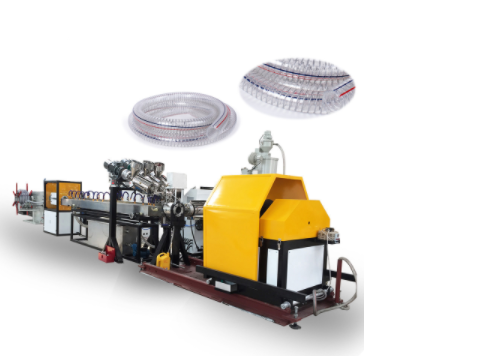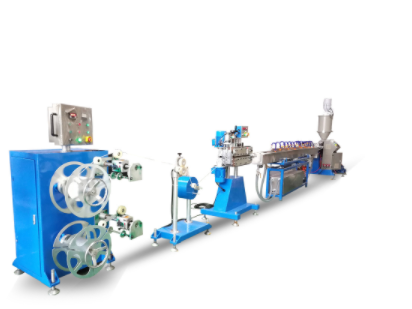© 2018 Zhangjiagang Sevenstars Machinery Co.,Ltd. All rights reserved. Site Map Designed by iwonder.cn privacy policy
Plastic recycling machine factory with 15 years experience
Plastic recycling machine factory with 15 years experience
Recycling is a complicated system dictated by market demand, price determinations, local regulations, the success of which is contingent upon everyone, from the product-designer, to the trash-thrower, to the waste collector, to the recycling factory worker. We consumers play a much more critical role than we might imagine-- depending on how we use our products and in what shape we throw them away, determines their value and quality post-use.
Plastic bags– Not recyclable.
Straws– Not recyclable.
Coffee Cups– you need a special machine; without it, no.
Keyboards– maybe, if you get it to the right person.
“Recycling” is determined by two really important things: the market and city government.Without a market demand, those recyclables are almost useless; placing them in the recycling bin won’t make a difference if you can’t make money off of them. If the demand isn’t there, or the quality of the materials post-use is incurably dirty, they end up in landfill or incinerators.
Your local government also plays an essential role. Government regulations create market opportunities for companies to recycle legally-mandated products. But every municipality is different. Before you throw something away, check what your city actually recycles.
Public investment in recycling systems, moreover, is integral to their long-term sustainability and success. While the price of purchasing a new piece of plastic is far cheaper than paying someone’s salary to manage and sort recyclables, the environmental cost is substantially greater. Subsidies, investments and public support go a long way.

Categories according to Resin Identification Codes (RIC). They are differentiated by the temperature at which the material has been heated, and their numerical classification (#1 – #7) only informs you what type of plastic it is. For example:
#1 (PET), ex: water bottles — highest recycling value; keep out of the sun to prevent toxins leaking into the container (no bueno for your health).
#7 (OTHER) is the catch-all category. It includes non-recyclables and corn-based plastics (PLA). (As a consumer, you can’t tell the difference.)
Feel good once you finish your Starbucks and place that innocuous paper cup in the recycling bin? Well, it’s a little more complicated than that.
While the outside of the cup is made of paper, inside is a thin layer of plastic. The PP (Polypropylene) film protects the liquid from seeping into the paper (and thereby burning you) and keeps your warm drink from cooling too quickly.
Because there are two different materials, the cups cannot be recycled unless the materials are separated, which is impossible to do by hand and requires a special machine.
That’s why the easiest items to recycle are the products made from a single material. Water bottles (100% PET plastic) are a prime example of this.
Coffee cups are similar to the packaging enclosing snacks like health bars. Both are multi-layered, with each layer serving a particular purpose, e.g. wax layer for the label, or the aluminum layer to prevent external heat from altering the chemical composition of the item before you purchase it.
This kind of design, however, makes recycling the product super difficult, especially since the layers are often very thin and stacked tightly on top of one another. It’s just not cost-effective and far too time-consuming for a recycling factory to separate and recycle each piece.

Got a little pizza sauce and cheesy goodness left on that pizza box? Now it can’t be recycled
Any plastic material with food residues on (or in) it CANNOT be recycled. In order for plastics to be transformed into recycled goods, they must be of decent quality. So what to do?
Remember, recycled materials (i.e. your trash) must compete with virgin materials in the market, so quality matters.
Some recycling factories then take these goods and wash them multiple times before they are cut, reheated and transformed.
But most of the time, a “dirty” recyclable thrown into a public trash/recycling bin doesn’t even have the chance to end up at the recycling factory; it’s determined useless (meaning either too troublesome, to clean, or not capable of generating income from) and lumped with all the other trash that ends up in landfill or the incinerator.
From the clothes we wear to the food we eat, plastic has become a household staple for families and communities around the world. Given its prominence, and the fact that scientists estimate it takes somewhere between 450 -1,000 years to decompose (some argue it will never decompose), it is essential for us to understand this material. If you have need more information about plastic recycling, please do not hesitate to contact us. We are a professional plastic recycling equipment supplier. We are ready here to provide service to you.